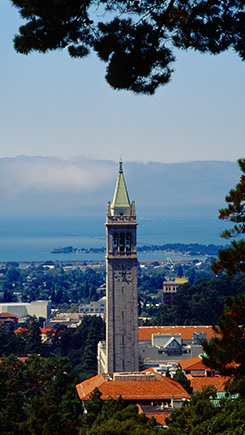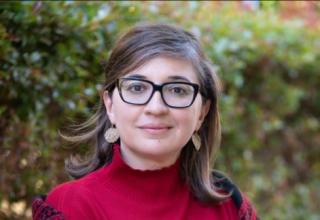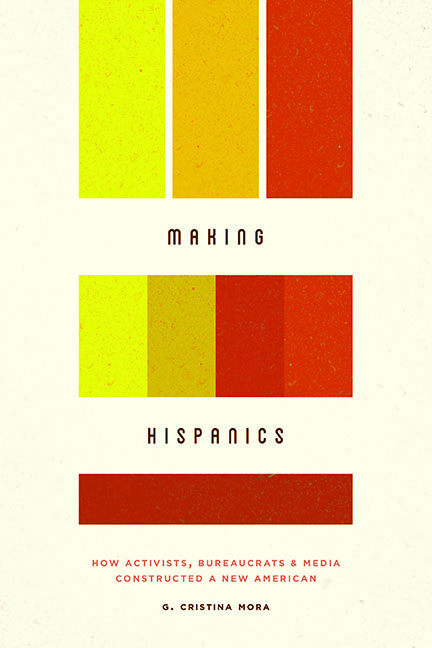
Berkeley’s Sociology Department is known around the world for its excellence in research and teaching. Our faculty advance cutting edge research and teach in most sociological specialities. Our PhDs are leaders in universities and research centers across the US and in many other countries. And our BAs populate the ranks of innumerable professions, bringing with them the skills and special perspective of Berkeley sociology.
We are proud to make these contributions from the world’s leading public university. At Berkeley, we combine intellectual rigor with a commitment to public service through our research, teaching, and service on campus and beyond.
For the past six decades, Berkeley’s Sociology Department has consistently been ranked among the world’s top sociology departments. Our graduate program is ranked #1 in the latest U.S. News and World Report, and our undergrad degree is currently the best in the US according to College Factual and features on Grad Reports’ Best College List 2020.

Prof. Einstein served graduate students as a model of prudence in remaining unfashionably true to the grand…
Making Hispanics
How Activists, Bureaucrats & Media Constructed a New American
Departmental Colloquium Series
Tina Law, "Public Deliberation and Governance of AI in the U.S."
Monday October 6th, 2025 at 2:00 pm - 3:30 pm
Blumer Room - 402 Social Sciences Building and via zoom
Abstract:
AI technology is currently developed and deployed in the U.S. at an unprecedented pace,
generating important social, political, and economic consequences but guided by little to no
public input. How can the public shape AI technology and its growing influence in their lives? In
this talk, I will draw on two studies to explore a set of dynamics that define current AI policy
debates: (1) the continuing dominance of a market-based approach to policymaking that defers to
tech firms and does little to check their growing power, and (2) the new proliferation of publicly
accessible AI expertise that largely promotes individual consumerism. As I will show, ensuring
that the development and application of AI technology is democratic and equitable will require
deeper shifts in the logic of policymaking and the practice of expertise, with distinct implications
for universities and social scientists.



